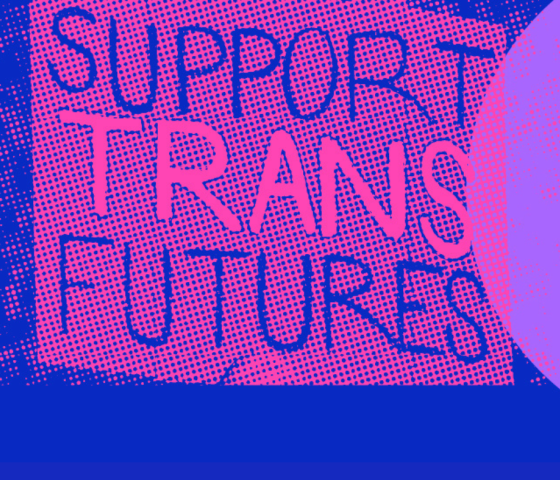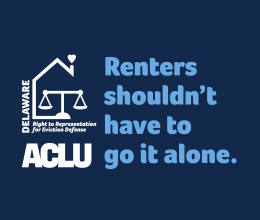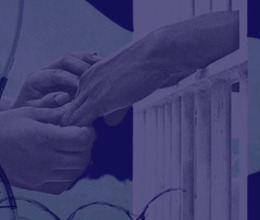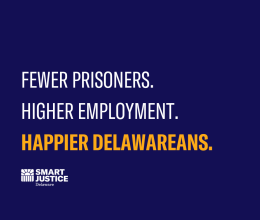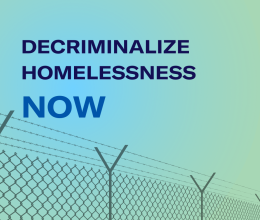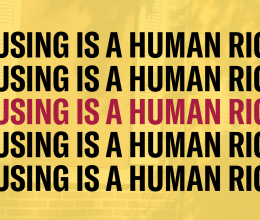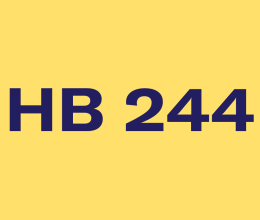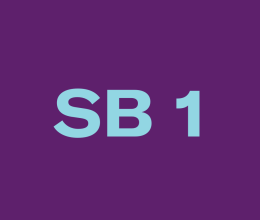In June 2021, the Delaware Democratic Party passed a platform filled with promises of racial justice and equity. From police reform to housing rights to economic justice, it seemed that a strong Democratic trifecta would be able to transform these promises into realities. However, as we near the end of June 2022 and the closing of a legislative session, those promises remain largely unfulfilled.
We are disturbed by the general lack of support in the General Assembly for racial justice issues, but especially disappointed in the Democratic party who articulated these issues and failed to support them.
There has been a complete failure of major bills that would have impacted Black and brown people immensely. Although cannabis usage rates are similar, Black Delawareans are 4x as likely as white Delawareans to be arrested for possession of marijuana–and the Democrats chose to uphold this practice by failing to pass cannabis legalization legislation.
Delaware Democrats further failed to all come together to reform the Law Enforcement Officers’ Bill of Rights (LEOBOR) to increase police accountability and transparency when nearly half of the people shot by Delaware’s police since 2005 are Black; Black people just make up 22% of Delaware’s population. Delaware’s legislature has stalled or outright rejected other policies such as failing to pass a bill of rights for people experiencing homelessness. More promises of racial justice and equity by the Democratic Party remain unfulfilled.
Most recently, Senate Bill 101 (formally SS 1 for SB 101) — which would guarantee low-income renters the right to representation in court when facing eviction or other landlord-tenant actions — failed to be voted out of the House Appropriations Committee. Even though SB101 had passed the Senate, had passed the House Housing Committee, and already had funding allocated in the budget, that was not enough for members of the committee. The vote failed with two voting yes, three voting no, and one absent. Among the no votes were Democratic representatives Bill Carson and Stephanie Bolden, the latter of whom represents more renters than any other representative in the state.
Housing is inherently a racial justice issue. From Delaware’s founding, our state has systematically locked Black and brown families out of homeownership through policies like segregation and redlining. That inability to build generational wealth has led to more Black and brown people renting their houses than the population as a whole. Any policy that affects renters is going to affect Black and brown people most.
With our current system, the cards are already stacked against renters. In Delaware, 86 percent of landlords have representation in eviction proceedings, while only 2 percent of renters have representation. But when renters are represented by counsel, they are twice as likely to remain housed. SB 101 would begin to level that playing field by providing renters with assistance in court and ensuring that families do not lose their homes unnecessarily.
Delaware has the third-highest eviction rate in the country, standing at 5.1% in 2016. This means even before the pandemic, 5.1 out of every 100 people were facing eviction. With rental costs increasing and safe and affordable properties becoming more scarce, things have only gotten worse since then. Renters are struggling to meet their most basic needs, and the situation is even more dire for poor people, Black and brown residents, and immigrants across Delaware.
That the House Appropriations Committee voted to stall SB 101 at almost the same time that the Adams Street apartments were condemned and its long-suffering tenants left without stable housing shows a concerning lack of empathy for the plight of renters.
This crisis is made worse by landlords who abuse the eviction process to get rid of tenants, even in the face of their own failure to maintain properties to safe and livable standards. The recent evictions at Adams St, where landlord Adolph J. Pokorney spent years ignoring maintenance and taking tenants to court, show what can happen when tenants aren’t given proper rights. That the House Appropriations Committee voted to stall SB 101 at almost the same time that the Adams Street apartments were condemned and its long-suffering tenants left without stable housing shows a concerning lack of empathy for the plight of renters.
To help address this crisis, SB 101 would:
-
Create a right to legal representation for renters facing eviction whose household income is lower than 200% of federal poverty guidelines;
-
Place coordination of the program within the Delaware Attorney General’s Office, who will contract with appropriate legal service organizations to provide representation in proceedings;
-
Require landlords to provide notice of the right to representation at certain designated intervals of a tenancy and in eviction proceedings; and,
-
Create an Eviction Diversion Program designed to help resolve payment or other issues once a landlord files for eviction; and
Despite the vote in the House Appropriations Committee, there is still an opportunity to pass SB 101. At any point before the end of the session on June 30, Reps. Carson and Bolden could choose to release SB 101 to the floor for a full vote. If they want to show their commitment to the Democratic platform, the Black and brown voters in their districts, and the state of Delaware more broadly, they will allow this important legislation to proceed and vote to pass it once it hits the floor. It will also take courage from the Democratic House leadership, who should be advocating with their colleagues on House Appropriations Committee to release the bill and allow this important legislation to advance.
Giving low-income renters a right to representation to connect to resources and stay in their homes can’t wait any longer. This bill is a housing justice issue, a racial justice issue, and an economic justice issue — and the time to act is now. Civil rights leaders, faith leaders, racial justice advocates, and most importantly, voters, will be watching.
